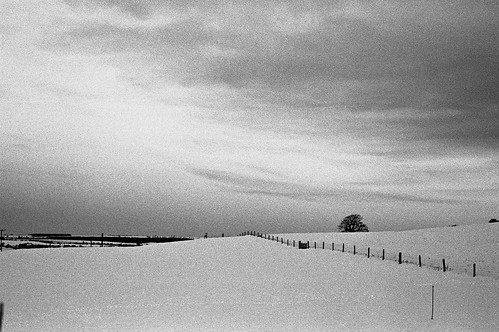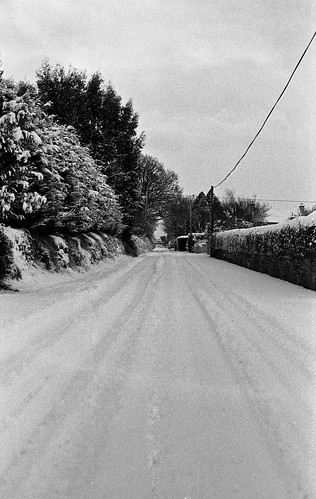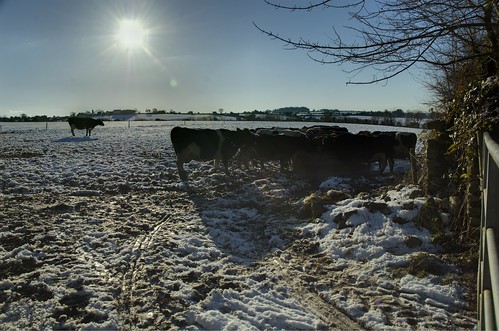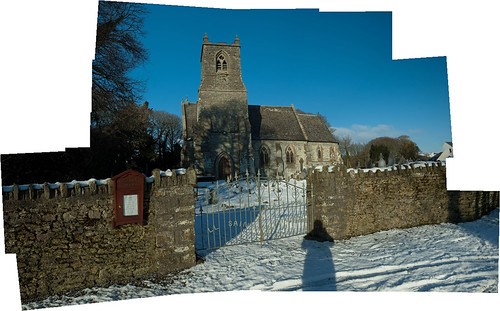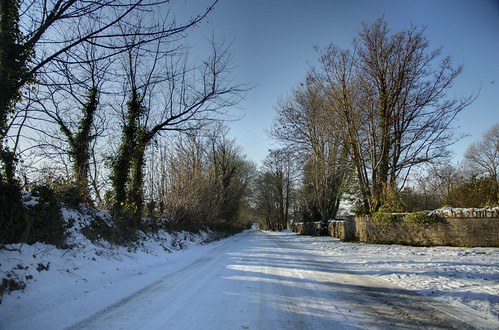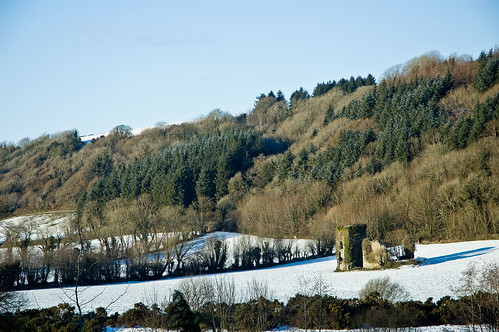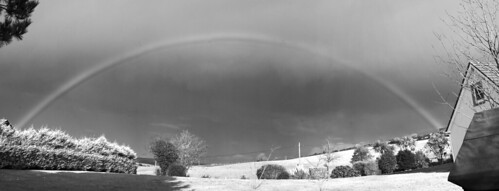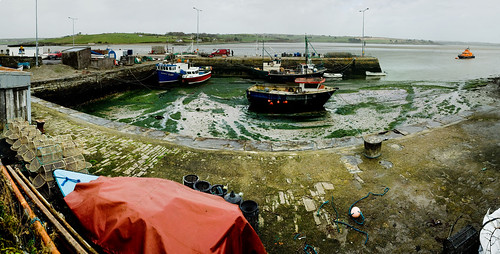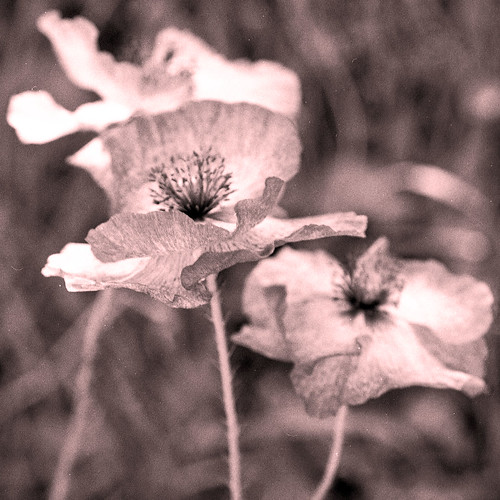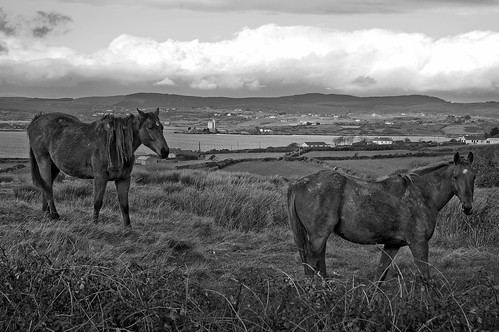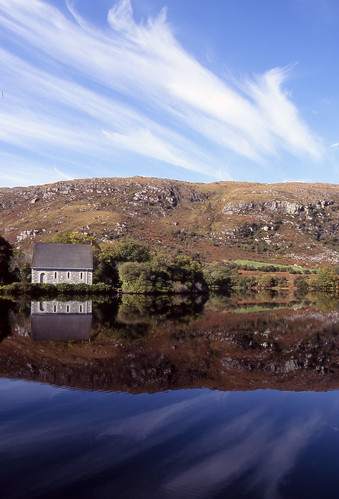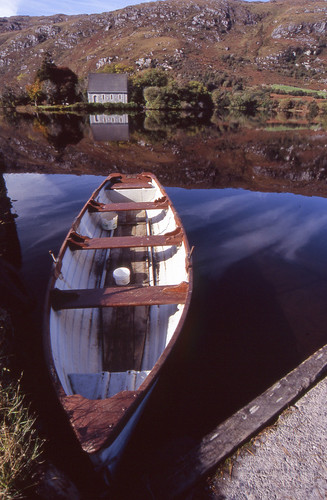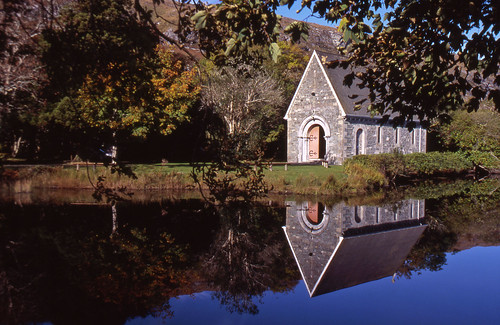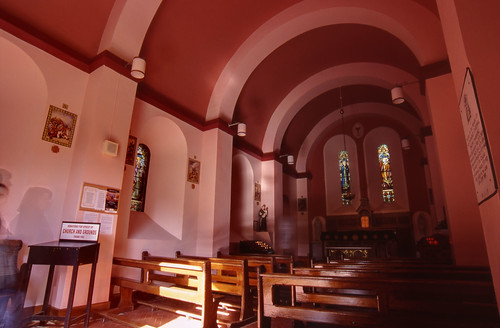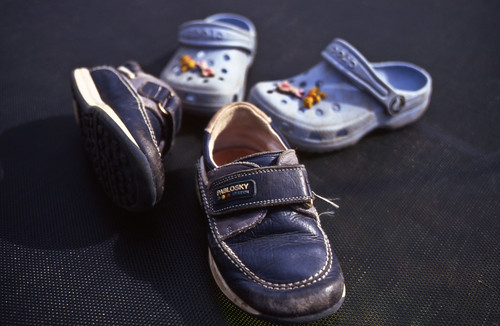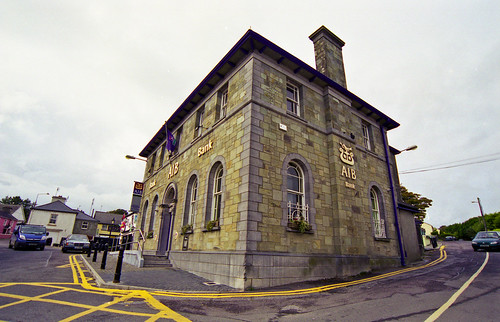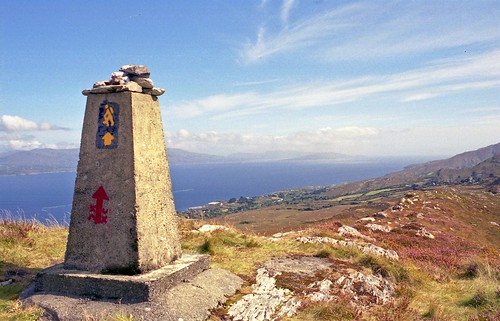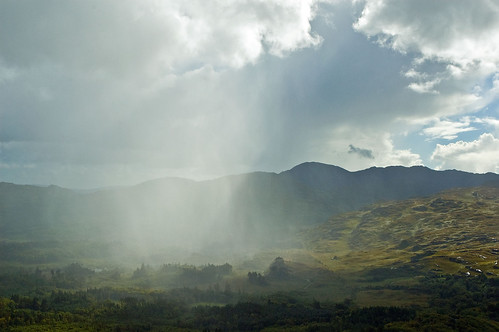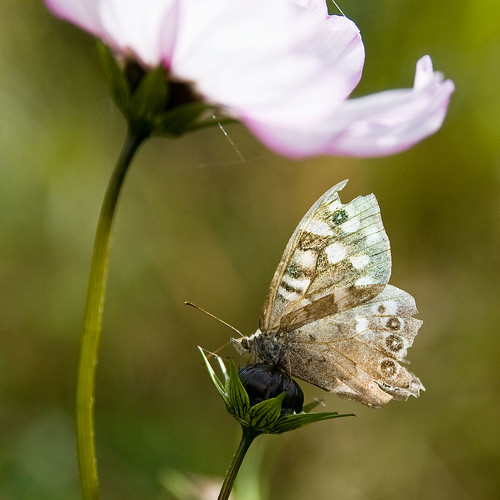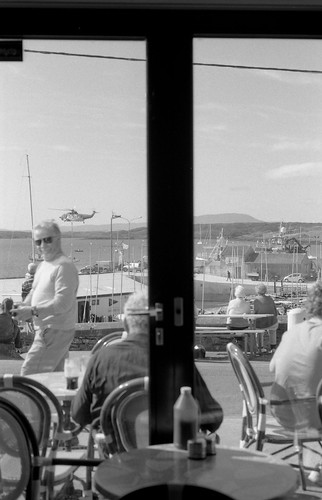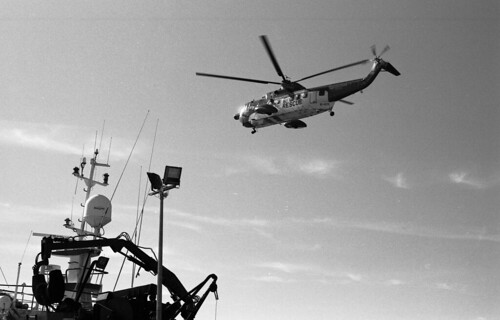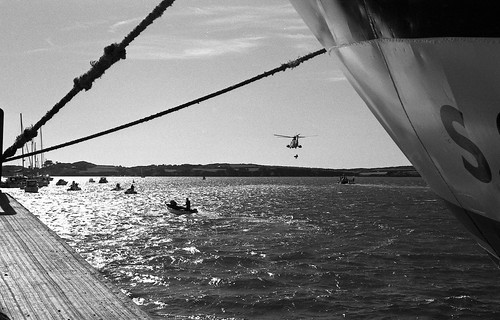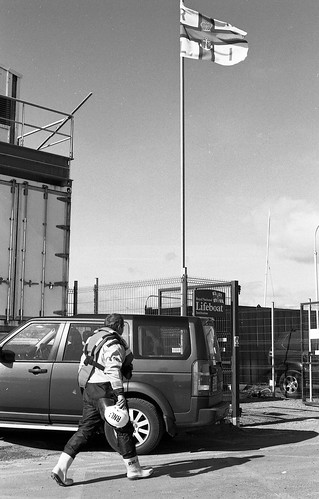Thank you so much to the person (who wishes to remain anonymous) who posted me a Facebook message answering my call for help. The message picked me up and got me writing again - thank you!
Today's Sermon (Text:
Matthew 3:1-12) Advent 2, Year A
In his poem “St. John the Baptist's Day”, John Keble writes:
Where is the lore the Baptist taught,
The soul unswerving and the fearless tongue?
The much-enduring wisdom, sought
By lonely prayer the haunted rocks among?
Who counts it gain
His light should wane,
So the whole world to Jesus throng?(1)
The Lord Jesus said of John:
Truly I tell you, among those born of women no one has arisen greater than John the Baptist... (Matthew 11:11a)
John the Baptist was an amazing character. He lived in the desert wilderness, and Matthew tells us that he had raggedy old clothes made from camel’s hair, held up by an old leather belt. For his food / Bush Tucker Trial, he had a strict diet of locusts and wild honey. The honey sounds nice, but I’m not so sure about the locusts! He doesn’t really sound like the type of character one would normally listen to, does he? But what an awesome character John was, so holy and so humble, never seeking any credit for himself and always directing attention away from himself and onto Christ.
When I was at theological college, a Rector who I did a parish placement with discussed John the Baptist with me as I was preparing to write a sermon for that Sunday. He told me about a sermon he did on John the Baptist when he was a Curate at a well-to-do parish in Dublin. Unbeknown to the very proper elderly ladies sitting a couple of pews back from the front, a friend of his had been hiding behind the Communion Table from before the start of the service. This friend was dressed as near as possible to what John the Baptist would have looked like; he was all messy and dressed in old rags, looking like he had wandered in from the nearest desert. Right in the middle of the sermon at the pre-selected point of time, he jumped out and shouted at the top of his voice “Repent, Repent, for the kingdom of heaven is near”. I'm told that the old ladies had such a shock that the preacher feared for their health. It took much apologising from both rector and curate to smooth things over afterwards!
You'll be pleased to know that there are no hidden John the Baptists here this morning, behind the Communion Table or anywhere else!
Matthew tells us that John the Baptist came preaching in the desert. Here was a man who had given his life to God, and now God had a very important job for him to do. Firstly, he had to awaken the people to see their need to be converted and secondly he was going to introduce them to the Messiah, who would make it possible for the people to be converted.
If any of you have ever been to see a famous band or act such as U2, Lady Gaga or the Munster Ramblers :-/ perform, they will usually have what is known as a “support band”. This is a kind of “warm-up” act, to get everyone in the mood for the main performance. Usually however, people tend to ignore the support band and not bother coming out of the bar until the main performance starts. John is a bit like the warm-up act, though his job is infinitely more important. Perhaps a better example is whenever a head of state, such as a King or Queen does something important, they may be announced with a fanfare of trumpets, the red carpet will be rolled out, and people will have spent time beforehand making sure that everything is ready for the important person to arrive. This is exactly what John the Baptist is doing for the immanent arrival of the Lord Jesus and the beginning of Jesus’ ministry. John is blowing Jesus’ trumpet and he’s laying out the red carpet to prepare the way for the coming Messiah.
So John went into the countryside all around the River Jordan and he preached a baptism of repentance for the forgiveness of sins. The word Repent in Greek is μετάνοία (metanoia), It means 'to change one's mind for the better, knowing that you have offended someone (in this case God) and to look with abhorrence on your past sins' (Thayer's Greek-English Lexicon). Of course, repentance then is not just once off, it must be the way of life for the Christian. Every day in prayer and through reading God's word we allow Him to work in us to align us to His will, to His plan and purpose for our lives and to repent of our old way of living.
Baptism was nothing new. The Jewish people had for a long time performed a ceremonial washing of Gentiles who had converted to Judaism. The idea being that Gentiles were unclean and they needed to be washed before they could become one of God’s people. But here John is having the cheek to tell the Jewish people themselves that they needed to be washed, they too were unclean! But he’s saying to them, “Yes, you are unclean, but you can be forgiven, your sins can be washed away.” His audience would have been well aware of some wonderful verses in the Hebrew Scriptures that tell us about God’s forgiveness, for example:
As far as the east is from the west, so far has he removed our transgressions from us. (Psalm 103:12)
You will again have compassion on us; you will tread our sins underfoot and hurl all our iniquities into the depths of the sea.
(Micah 7:19)
A family member told me about a dream they had once, where they were looking out to sea. The tide was out and in the mud there was lots of junk, you know the sort of thing, old shopping trolleys, washing machines and so on. The person understood these to represent all the junk in their life, in other words, all the sin. But then the tide turned, the sea came in and completely covered over all the junk. This represented what God does with our sins when we say “sorry” to Him. Even more than that, because in the dream the junk was still there under the surface – but God does much more than that, He removes our sin completely.
In other words, when God forgives, He sends our sins away to a place from which they can never be brought back. When we forgive someone, we might occasionally remind them of the bad thing that they did to us, thereby showing that we haven’t totally forgiven them at all. But God doesn’t do that. He doesn’t remind us of our sins, He completely wipes them out, so that they are no more, literally, as far as the east is from the west, or as if they had been cast into the depths of the sea.
Quoting from Isaiah, John says that there will be:
A voice of one calling in the desert, ‘Prepare the way for the Lord, make his paths straight …’ The voice in the desert is of course John himself, but what does he mean when he says about making straight paths for the Lord? Perhaps that his audience should provide the Lord with ready access to their hearts and lives. May we let God’s access to us not be a windy narrow West Cork Boreen full of pot holes, but a highway where we openly welcome Him into our hearts and lives.
Later on, the Lord Jesus was to declare that John was in fact the most important of all the prophets. But even he is only a forerunner, he is only the one to announce the arrival of the coming King, the Lord Jesus Christ, the Messiah, the Lamb of God and Saviour of the world.
John welcomed the King himself, and many people who heard John’s message also welcomed Jesus as their Lord and Saviour. Let’s ask ourselves, how straight the paths are between us and God; are there obstacles in the way? Let’s be encouraged by John’s message. Let us allow ourselves to be converted, to repent, to walk in the direction of God’s will for our lives. If we’ve done this already, let’s keep going, and let us allow God by His grace to remove every obstacle in our lives that prevents us from having an increasingly full relationship with Him. Let us pray:
Lord God, you know our lives so completely, you know my life. You know the obstacles, all the pit falls, all that hinders my relationship with you. Lord there are things I try to hide, things that I am ashamed of, things I avoid; words I should say and words I shouldn't, things I should do and things I shouldn't … I give this all to you now and I say 'sorry' with all my heart. Help me Lord, help me every day to follow you, every day and every moment of my life now and into eternity. For the glory of Your Name. Amen.
--------------------------------------------------------
(1)
http://yimcatholic.blogspot.com/2010/06/poem-on-st-john-baptists-day.html






